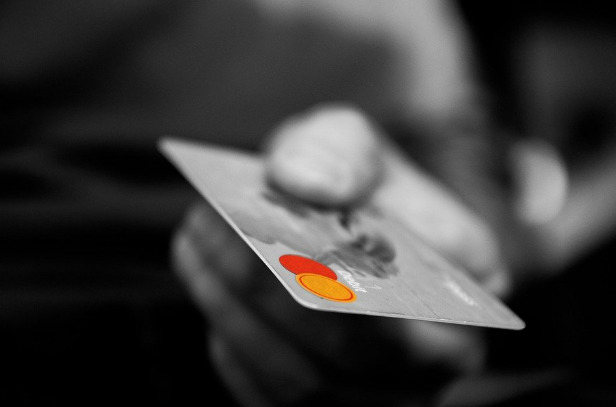A poor credit score makes life harder but there’s a lot you can do to fix it.
With so many businesses now judging you based on your credit score, having a poor credit score can make life extremely difficult, making it harder to get a job or a place to live.
- Why Do I Have a Bad Credit Score
Messing up in these areas causes your credit score to plummet
Not meeting your obligations in time or at all
One late payment is all that it takes. Defaulting is even worse.
Choosing the wrong credit card
This happens when you fail to ensure a credit limit, interest rates and fees with which you can stay on top of your repayments and well within your balance limit.
Declaring bankruptcy
Bankruptcy has a devastating effect on your credit health, causing even a good score to plummet.
Being the subject of a County Court Judgement-
As long as you pay your bills and debts on time, you will never have to worry about a CCJ. But if you are issued one, pay the full amount within one month and get a certificate from the court to say you’ve paid off the debt, otherwise it could affect your credit rating for six years.
Only paying the minimum each month
As tempting as it is short-term, paying more than the minimum can help you spend less on interest and potentially improve your credit score.
- Side Effects of a Bad Credit Score
High interest rates on credit cards and loans
If you’re approved for credit with a bad credit score, you’ll pay more in interest than someone with a better credit score. Also, the more you borrow, the more you’ll pay in interest
Not getting approved for a loan
If your credit score is too low, they might not want to lend you the money at all.
Difficulty getting approved for an apartment
Even landlords check credit before approving a rental application. Even if you do get approved, you may have to pay a higher security deposit.
Utility companies may ask for a security deposit
If you have a bad credit history, you may have to pay a security deposit to establish service in your name, even if you’ve always paid your utility bills on time.
Getting denied for a cell phone contract
Most major cell phone companies check your credit because they’re extending a month of service to you, so they need to know how reliable you are. A poor credit score may force you to get a prepaid contract where phones are typically more expensive.
Getting denied for employment
For certain jobs, especially in the finance industry, your credit report is part of your CV.
Higher insurance premiums
The better your credit, the lower your rate will be. The lower the score, the higher the rate.
Difficulty starting your own business
Many new businesses need bank loans to fund their startup. A bad credit history can limit the amount you’re able to borrow, even if you have a solid business plan and strong potential.
Difficulty purchasing a car
With bad credit, you might get denied a car loan altogether. If you’re approved, you’ll likely have a high interest rate, which leads to higher monthly payments.
- How To Rebuild Your Credit Score
Rebuilding your credit can be tougher than starting from scratch but it’s not impossible. The good news is, it’s possible to make significant progress quickly.
Ensure errors on your credit reports aren’t holding you back
Correcting a big mistake in your report has the potential to add points quickly. f you’ve received a deferral related to the pandemic, check to be sure it’s being reported correctly. If you had a case of identity theft, make sure the police report has been reviewed to justify the actions.
Pay your bills on time
From now on, your rent, PECO energy bill and other utilities, along with any other existing bill, need to be paid on time. Your payment history is the single biggest factor affecting your credit score. Late payments stay on your credit reports for up to seven years.
Try to keep most of your credit available
The amount you use has a powerful effect on your credit score. The rule of thumb is not to go higher than 30% of the limit on any card, as lower is better for your score.
Your score will not be hurt by past high credit utilization once you’ve brought balances down. As soon as your credit card issuer reports a lower balance to the credit bureaus, your score will improve.
Get a co-signer
If you’re having a hard time getting access to credit, ask a family member or friend to co-sign a loan or credit card. You are asking them a huge favor: person to put his or her credit reputation on the line for you and to take full responsibility if you cannot meet your repayments. The co-signer may also be turned down if they apply for credit for themselves later because this account will be considered. Use this option with caution as you risk damaging the co-signer’s credit reputation and your relationship.
Takeaway
Credit missteps and misfortunes do eventually fade into the past. The time it takes to recover depends partly on how big the mistake was and how recent. Late and missed payments, judgments, and collections stay for seven years whereas bankruptcy can linger for up to a decade. However, you can start improving right away and you should begin to see improvement as soon as you start accumulating positive credit action.


















